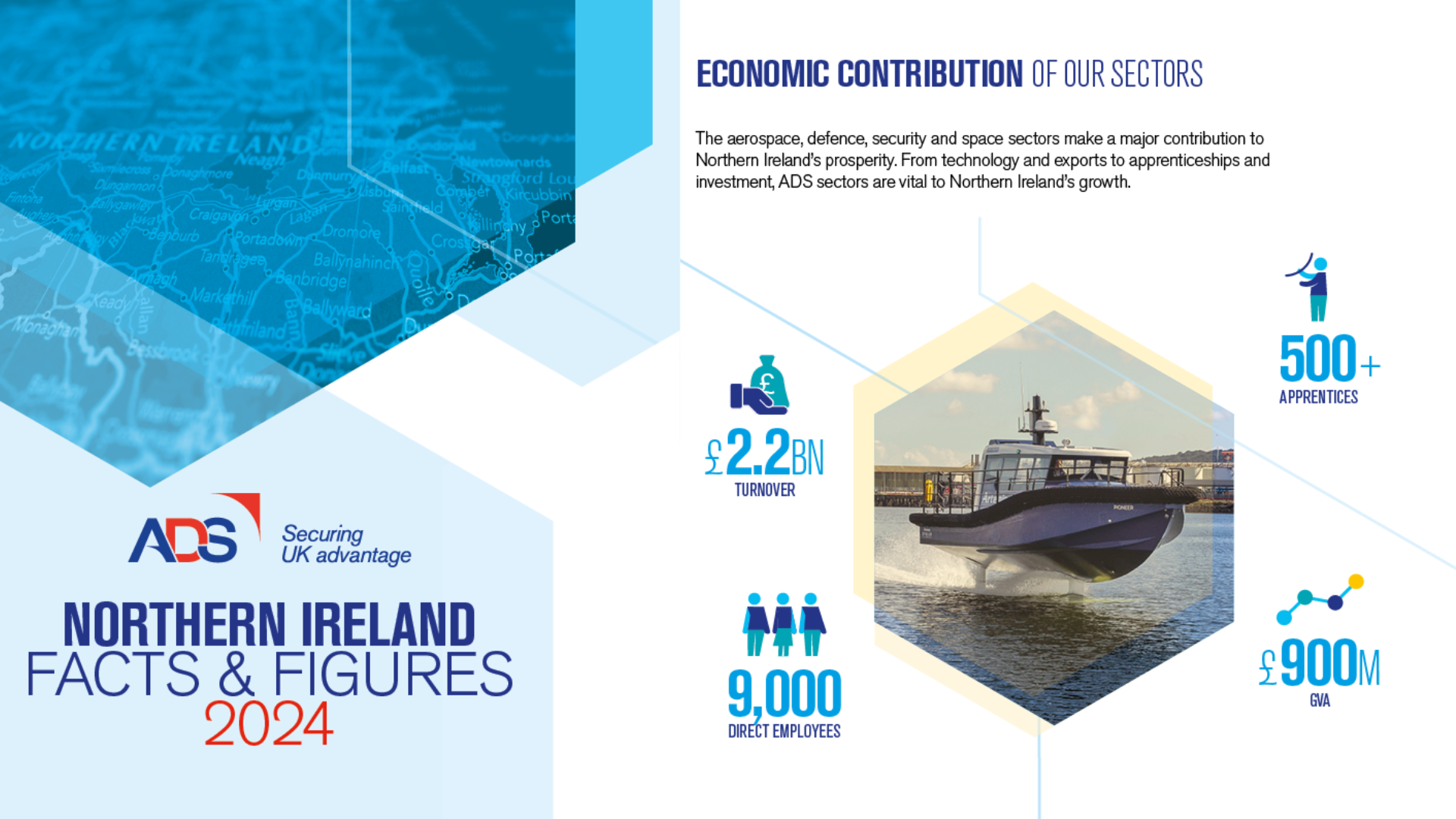
In 2019, the UK became the first major nation to commit to net zero by 2050, a significant signal that the UK was serious about becoming a green powerhouse. Over the past few months, Chris Skidmore MP has been carrying out a review into this net zero goal, looking at how to most effectively and efficiently decarbonise the UK while encouraging economic growth across the country.
The conclusions to that review, released last week in ‘Mission Zero’, set out clear the opportunity that net zero provides the UK in terms of jobs, growth, and industrialisation over the coming decades – but only with an effective set of policies in place to secure the UK’s place as a global leader for green technology.
The review came to seven clear conclusions about the opportunity on offer:
- Net zero is creating a new era of change and opportunity
- The UK must act decisively to seize the economic opportunities and smooth the transition
- The benefits of investing in net zero today outweigh the costs
- Unlocking the ambition of places and communities will deliver the most successful version of net zero
- Net zero can materially improve people’s lives – now and in 2050 – but work is needed to secure the benefits and minimise the costs
- Net zero by 2050 remains the right target for the UK – it is backed by the science, widely followed, and is creating real opportunity
- Significant additional government action is required to ensure that the UK achieves net zero in the best way possible for the economy and the public
The positive, optimistic and constructive outcome of the review is a welcome reminder that while net zero will mean significant change and upheaval across the entire economy, the disruption is not in vain and will leave the UK’s industrial footprint on a firmer footing than before, while delivering on net zero commitments.
A running theme through the review was the importance and value of the UK’s position as a research and development superpower. With the right backing and partnership from government, the UK can become a home to the innovative technologies that will drive net zero, not just in the UK but also across the world, building on a long, proud heritage of industrial revolution.
Given the dynamism and creativity in ADS members, unsurprisingly the review found that net zero is also an opportunity for ADS’ sectors, too. It recognised the value of the Aerospace Technology Institute (ATI) in fostering high tech research, and the need for a long-term stable platform of funding, beyond the current deadline of 2025. A long-term settlement will provide business with the confidence needed that the UK is indeed the place to invest and develop the technology of the future.
Beyond aerospace technology, the promise of sustainable aviation fuels (SAF) both as a tool through which to decarbonise and to provide UK-based jobs and growth was highlighted, with a call for continued support by the Government for the development of a thriving domestic SAF industry.
ADS welcome the conclusions presented in ‘Mission Zero’; they highlight the optimism and ambition that industries such as those that ADS represent offer in the decarbonisation challenge, as well as some of the solutions to getting to net zero. It is now up to Government to work closely with industry and other stakeholders to ensure that the findings of the net zero review are a reality – supporting jobs, growth and securing the UK’s place on the world stage, while reaching net zero by 2050.





